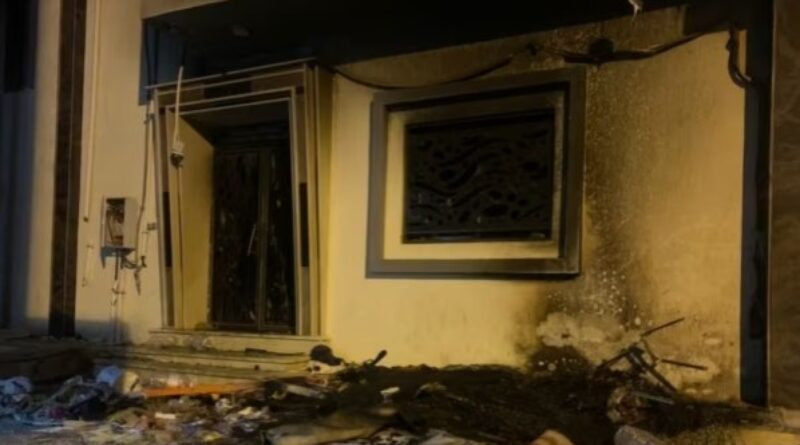Libya: Residents of Derna Blame Govt for Flood Disaster
Istanbul & Derna, Libya — When protests whirled by his home early this week, Khalid Alkowash, 42, a local government worker in Derna, Libya was concerned but not surprised.
Thousands of people were dead and thousands more missing because dams that were known to need repair burst. People were angry. And now, with most journalists barred from working in Derna, locals have increasingly few outlets to express this anger publicly.
“They were out of their minds,” Alkowash said outside his home near the city mayor’s house, charred from fires set by protesters. “They were breaking things, shouting, chanting.”
The massive floods in eastern Libya hit Derna Sept. 11, sweeping entire neighborhoods into the sea, and devastating the region. The International Organization for Migration says more than 43,000 people were displaced. Divers pulled 125 bodies from the sea on Wednesday, and rescue workers are searching for thousands more.
On Monday, Derna’s main square was crowded with thousands of protesters, who started the day, chanting, “God is Great!” and “Libya is One Nation!” As the day dragged on, they began calling for the fall of the government and the resignation of the city’s mayor.
By phone from Derna on Wednesday, Safwat Elgiathi, a 24-year-old middle school teacher, said residents are angry at every level of government that could have prevented the infrastructure failure that led to the floods.
“We have every kind of aid,” he said. “[We need] responsibility.”
Journalists ordered out
Oversight from outsiders moving forward, however, appears to be unlikely, according to locals.
In the days following Monday’s protest, many international journalists were ordered to leave the city. Others attempting to travel to Derna were turned back. Prior to the protest, regional authorities refused entrance to multiple international news teams.

Sign up for free AllAfrica Newsletters
Get the latest in African news delivered straight to your inbox
Some officials said journalists were disrupting the work of the rescue and recovery missions and others warned of potential breakouts of diseases, which is one of many calamities that can befall cities after major floods.
For residents, the departure of the media was worrying because “the world has to see what happens here,” said Elgiathi. But as they struggle with trauma and the daily toil of searching for bodies, he said reporters are not the first concern.
Many people have left Derna, he added, but he and others remaining plan to stay to locate and bury the missing. On the night of the floods, his aunt, her family, other cousins and many of his friends all disappeared.
“It was a terrifying and painful night,” said Elgiathi. “People’s screams that night still echo in my ears to this day.”

